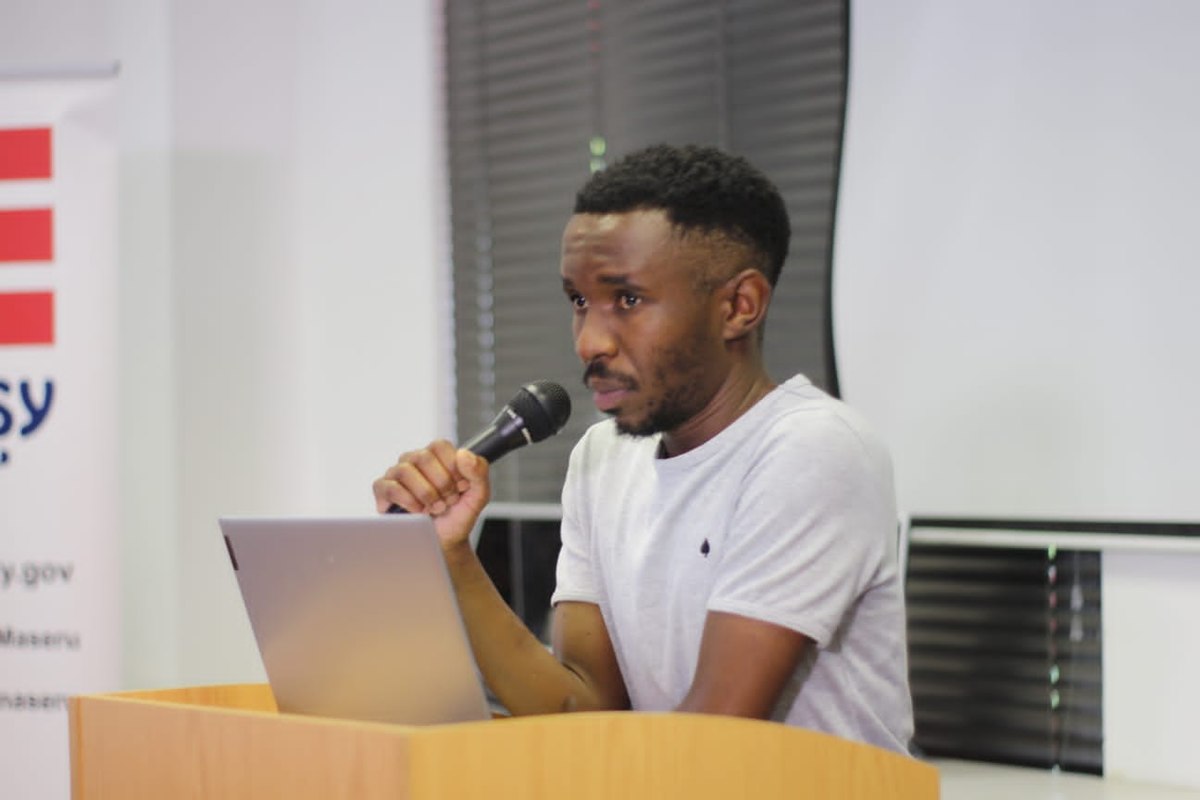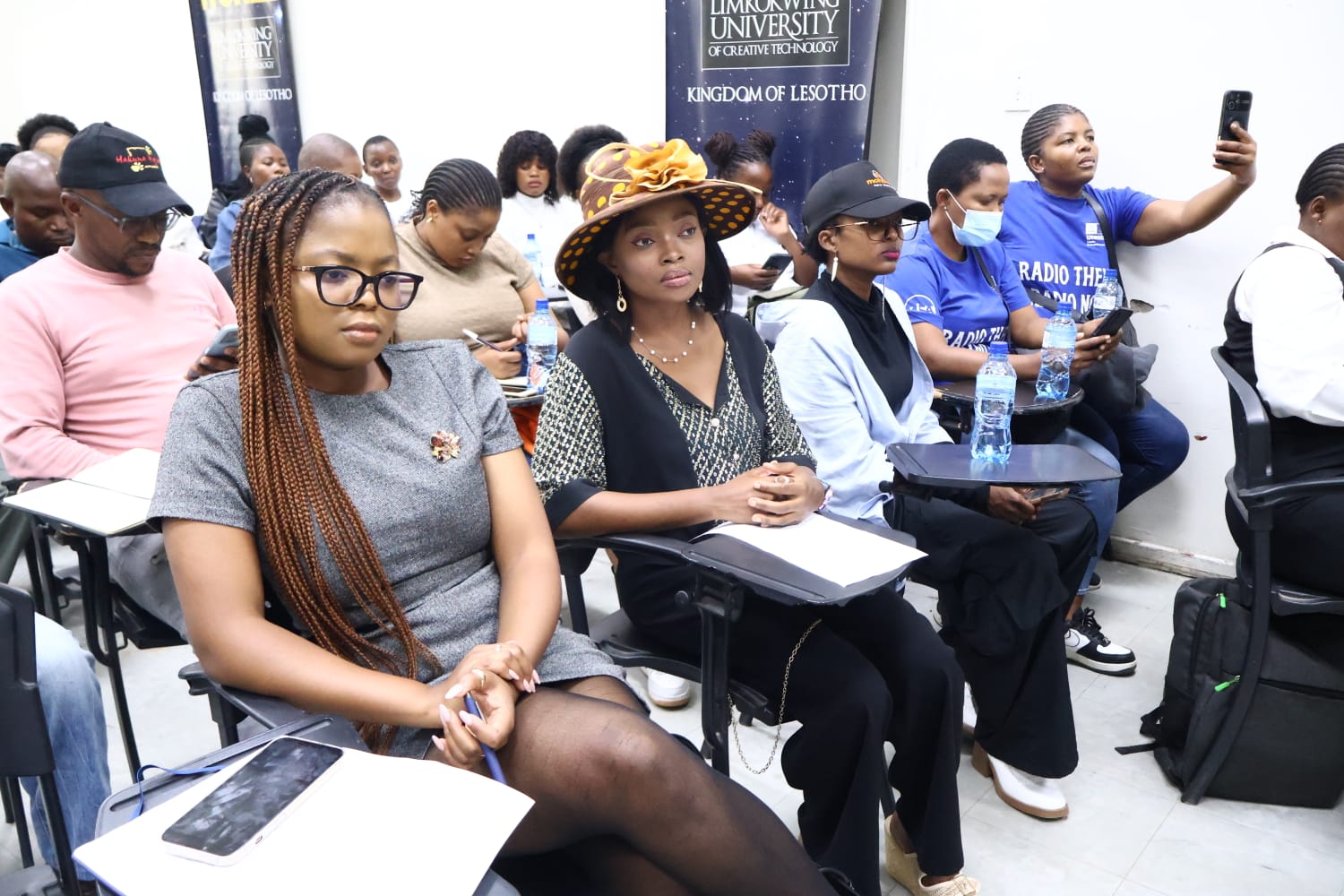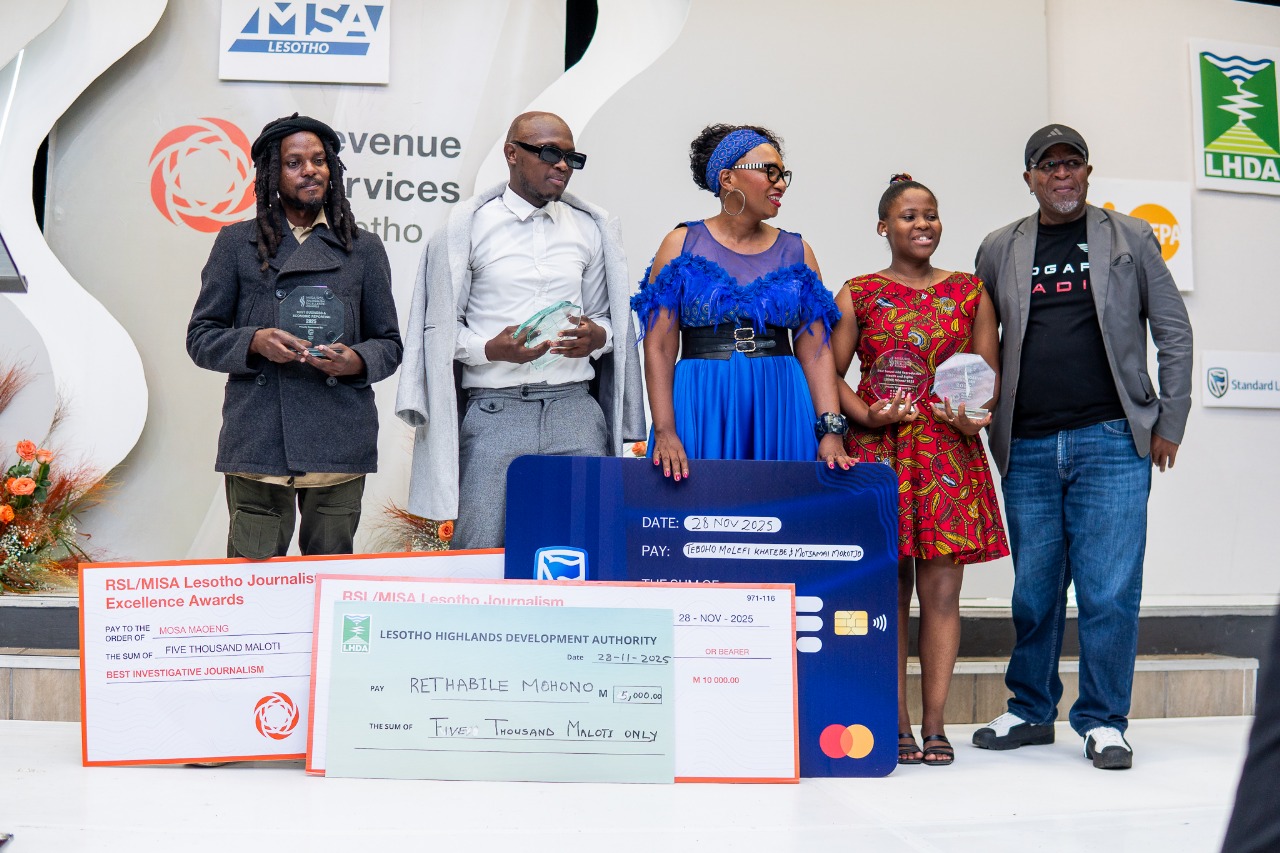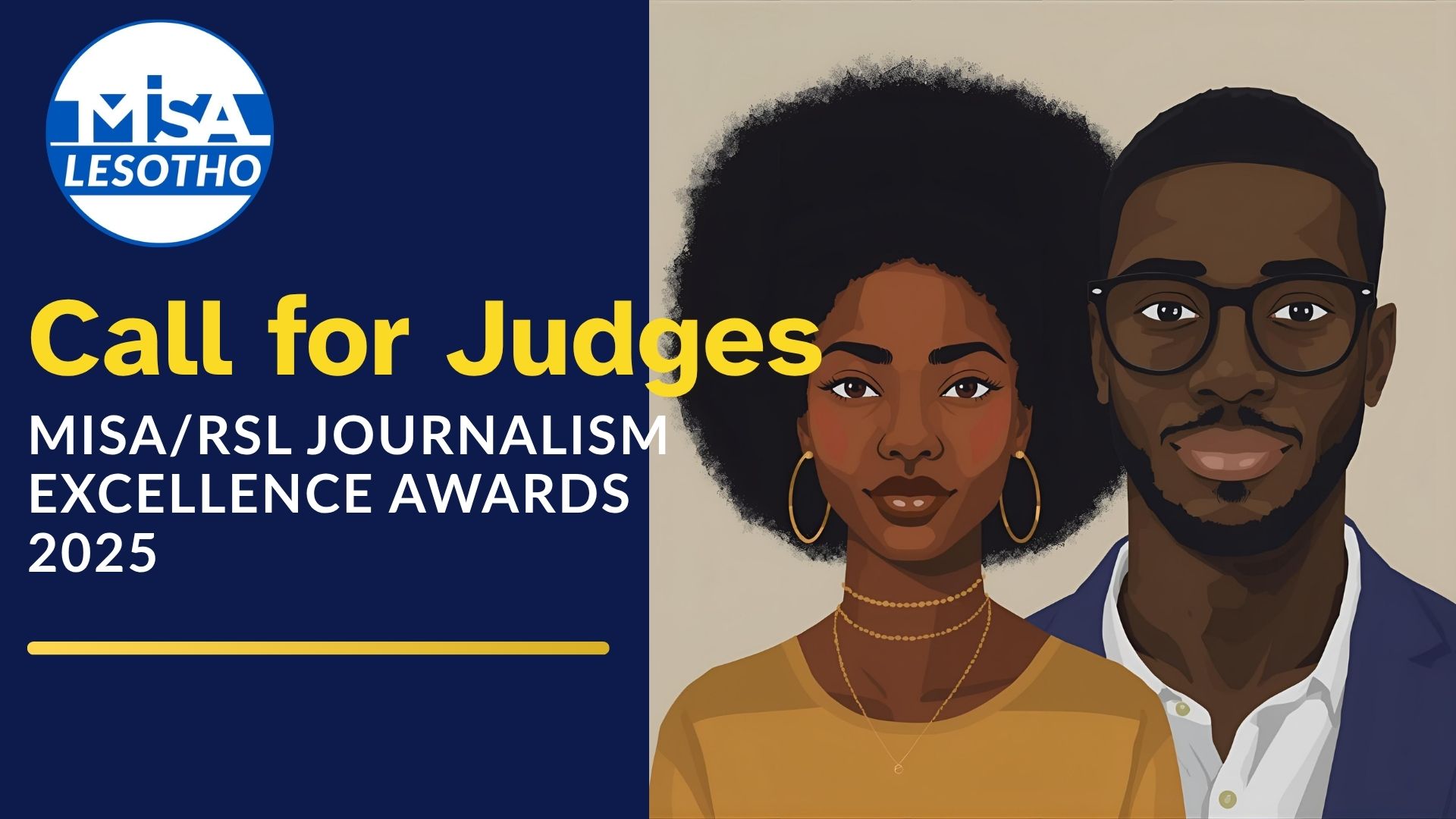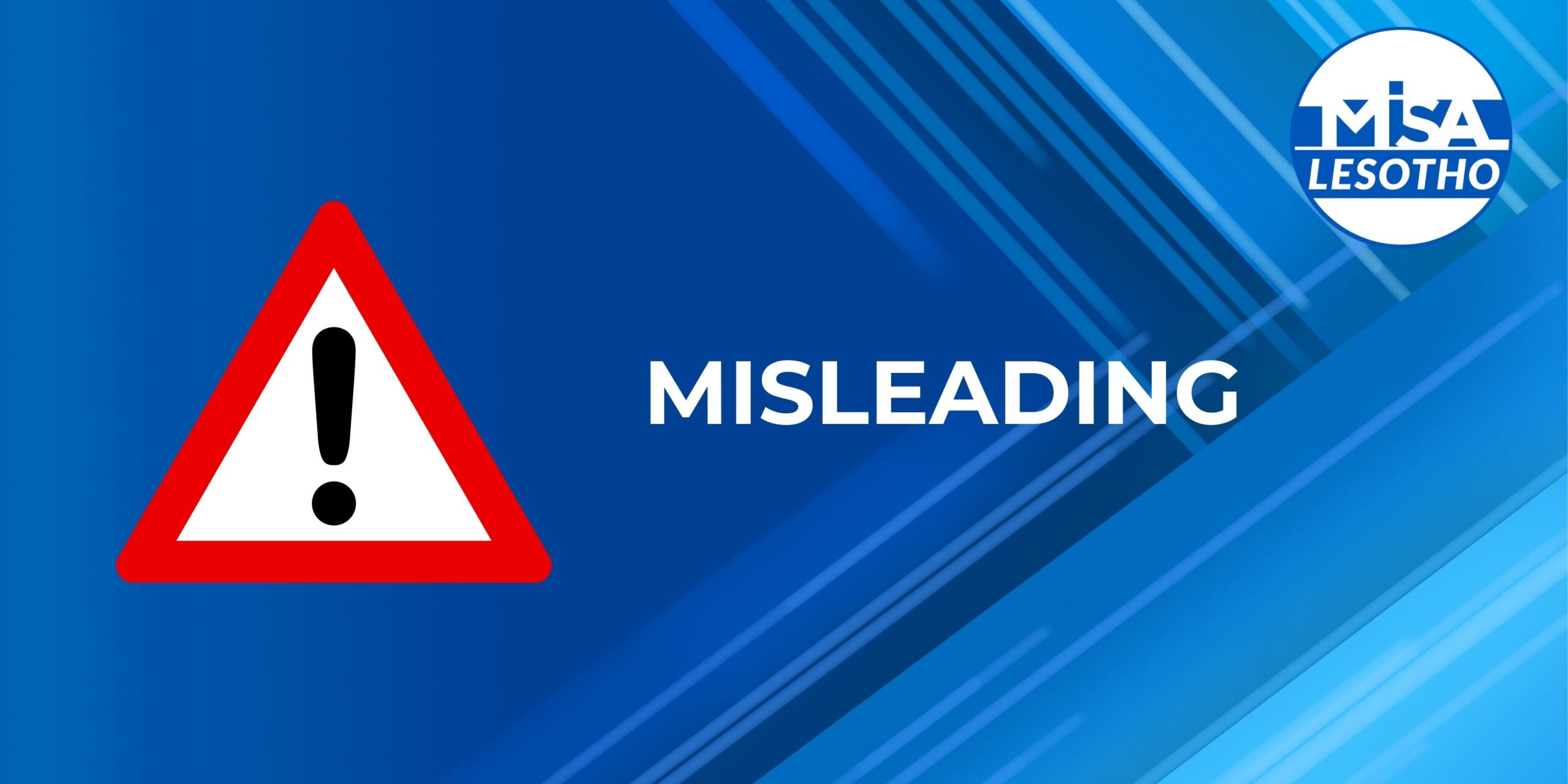By Itumeleng Lekoatsa
The Lesotho Chapter of Media Institute of Southern Africa (MISA Lesotho) has issued a statement of concern over the recent legal actions instituted against some media houses for alleged defamation.
The statement, dated February 28, 2024, is endorsed by the MISA Lesotho chairperson, Mr Kananelo Boloetse, who specifically addresses defamation suit lodged against Lesotho Tribune by Mergence Lesotho, and a threat of lawsuit against Newsday Media by Tholo Energy, “underscore a matter of grave concern” to the media players in Lesotho.
Both the Lesotho Tribune and Newsday Media are local newspapers owned by Basotho.
MISA Lesotho is an independent media advocacy organisation, lobbying and advocating for freedom of the press, free expression and access to information, among others. The Institute operates in Lesotho to create an enabling environment for the media to operate in.
Mr Boloetse notes in the statement that, while MISA Lesotho acknowledges the right of individuals and entities to seek legal recourse for perceived grievances, “we must carefully consider the broader implications of such actions on the principles of press freedom and democratic discourse”.
It is MISA Lesotho’s steadfast belief that an independent and unfettered press is indispensable to the functioning of a democratic society, Boloetse argues. He adds, the role of the media in fostering public discourse, promoting transparency and holding power to account cannot be overstated.
“However, the threat of legal action against media outlets for defamation not only jeopardises their ability to fulfill their societal mandate, but also poses a tangible risk to the principles of free speech and open dialogue” he argues.
The chairperson says MISA Lesotho recognises the complexities inherent in balancing the right to freedom of expression with the protection of individual reputation and interests, “nevertheless, we urge all parties involved to exercise prudence and restraint in resorting to legal measures to address grievances related to media coverage”.
MISA Lesotho, Boloetse concludes, emphasises the importance of exploring alternative mechanisms for resolving disputes between media entities and aggrieved parties.
“We wish to emphasise the urgent need to expedite national reforms aimed at establishing a Media Ombudsman tasked with mediating or adjudicating disputes between the media and the public, as well as intra-media ethical matters,” he says.
The reforms, Boloetse submits, are crucial to achieving impartial, speedy, and cost-effective resolution of complaints against journalists and media enterprises, “thereby fostering an environment of transparency and accountability without fear or favour”.




